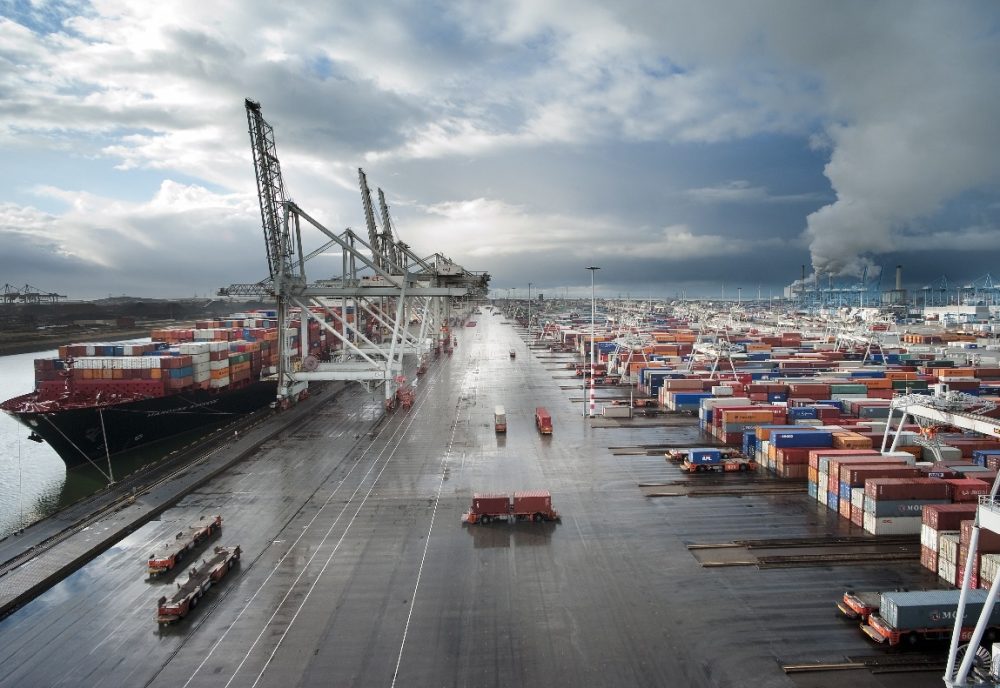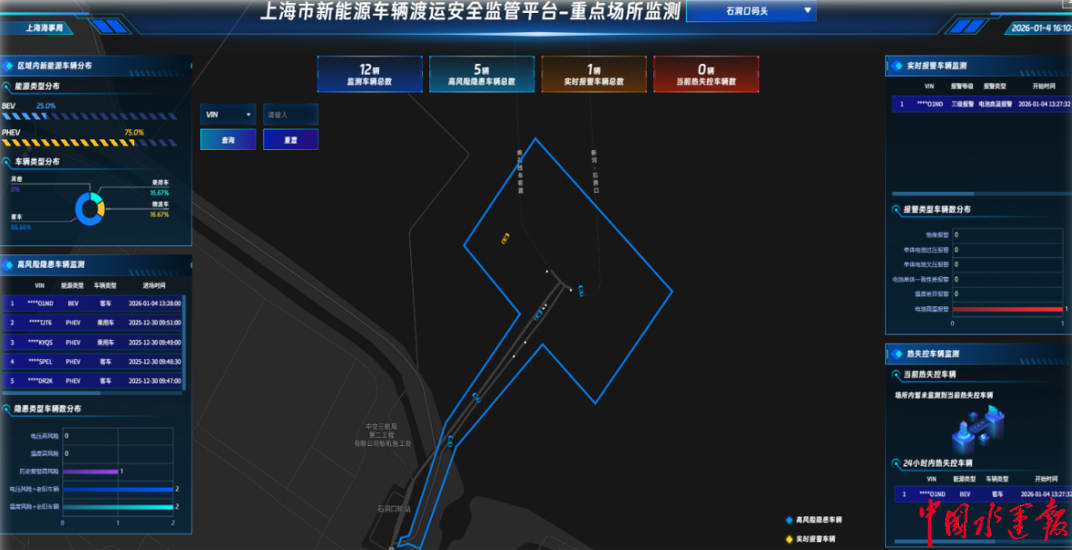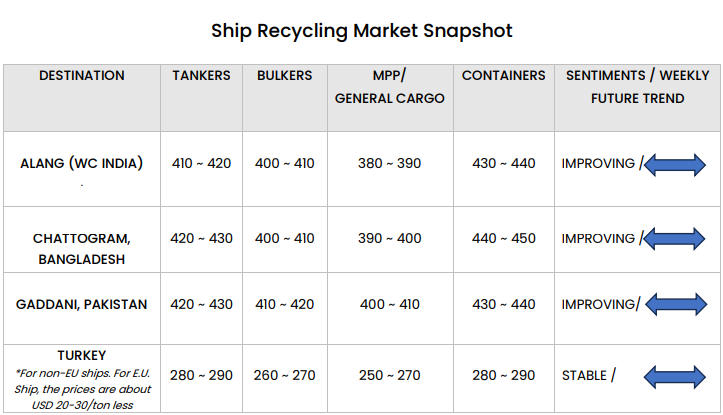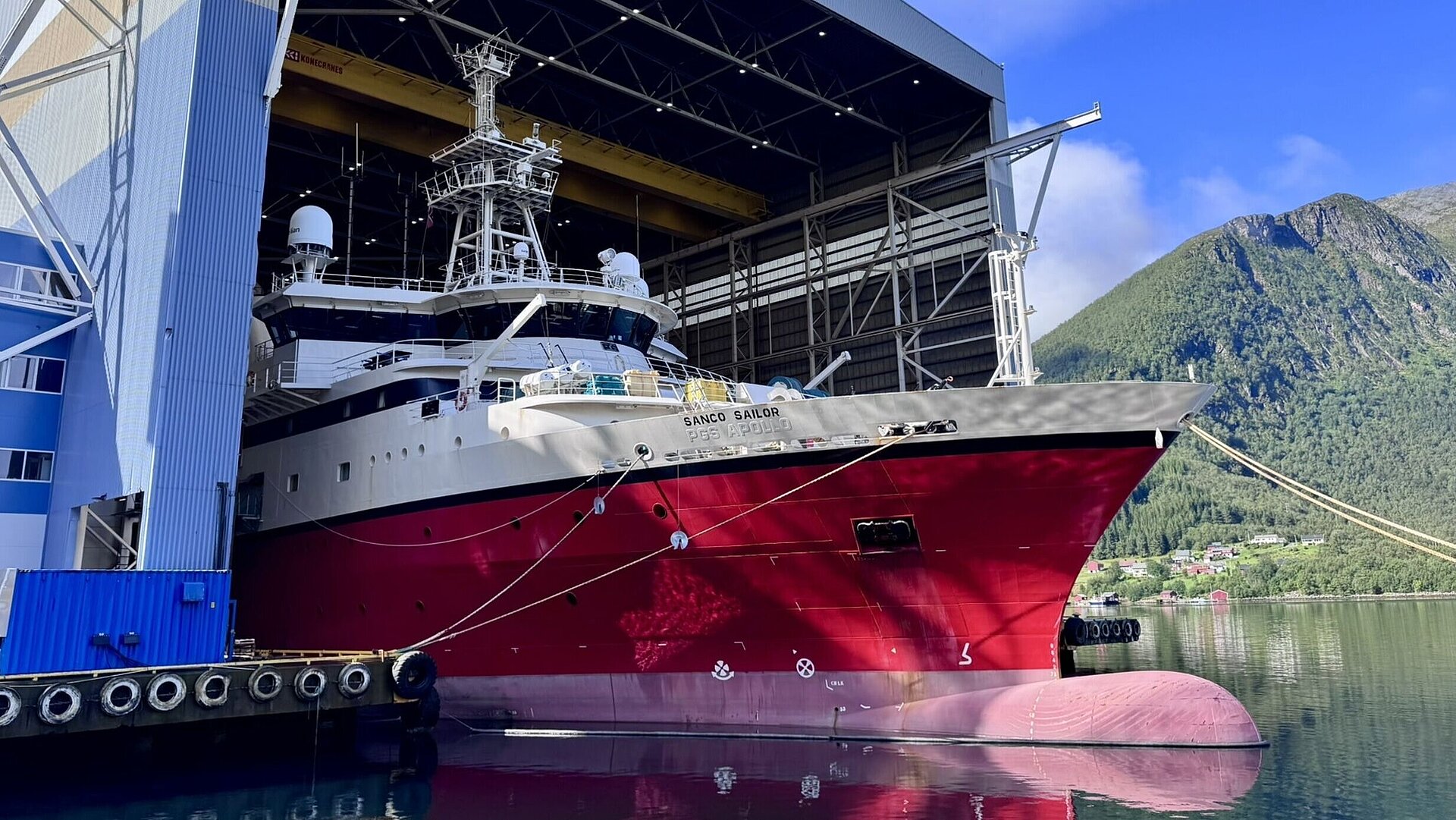鹿特丹港与 VARO 能源公司续签清洁燃料协议
作者: 发布时间:2024年02月18日 浏览量:377 字体大小: A+ A-

图片来自网络,版权属于原作者
鹿特丹港与炼油厂和供应商 VARO Energy Group 签订了一项新协议,以优化燃料和能源使用。VARO 在港口最清洁可用能源运输商招标中脱颖而出。
自 2018 年以来,该港口的船队一直在使用 VARO 的 HVO100(100% 加氢处理植物油)。
这种生物燃料完全由可持续材料制成,与传统柴油相比,船队的二氧化碳排放量最多可减少 89%。这种生物燃料可以以任何比例与传统柴油混合,无需改装即可适用于目前所有的柴油发动机。因此,HVO 是一种非常容易获得且具有成本效益的减少二氧化碳排放的方法。
鹿特丹港早些时候表示,其大部分排放物是由巡逻船产生的,这促使其改用生物燃料、
鹿特丹港务局的政策是从 2025 年起逐步过渡到无排放船舶。
这促使 VARO 能源集团根据港口的空气质量目标,探索不同的燃料和油品,包括氢气、甲醇、生物燃料和合成燃料。
为了在 2050 年前成为无碳企业,鹿特丹港正在加速开展各项活动,并正在实施 12 个能源转型项目。这些项目包括从鹿特丹港的工业公司运输二氧化碳并将其储存在北海海底的空气田、建设生物燃料工厂、开发鹿特丹氢气管道以及氢气进口和投资岸电。
(本文版权归国际海事信息网所有,图片版权归原作者,转载请注明出处。)
Port of Rotterdam renews clean fuels deal with VARO Energy
The Port of Rotterdam has entered into a new agreement with oil refiner and supplier VARO Energy Group to optimize fuel and energy practices. VARO has emerged as the winner of the port’s tender process for the cleanest usable energy carrier.
The port has been using VARO’s HVO100 (100% Hydrotreated Vegetable Oil) for its fleet since 2018.
This biofuel is made entirely from sustainable materials, and reduces the fleet’s CO2 emissions by up to 89% compared to conventional diesel fuel. The biofuel can be mixed with conventional diesel in any ratio and is suitable – without modifications – for all current diesel engines. For this reason, HVO is a very accessible and cost-efficient way to reduce CO2 emissions.
The port said earlier that the majority of its emissions were produced by its patrol vessels, which prompted its switch to biofuels,
The Port of Rotterdam Authority’s policy is to transition gradually to emission-free vessels from 2025 forward.
This has prompted VARO Energy Group to explore different fuels and oils, including hydrogen, methanol, biofuel, and synthetic fuels, in line with the port’s air quality goals.
The port is accelerating its activities to become a carbon-free business by 2050 and is carrying out 12 energy transition projects. These include a project to transport CO2 from industrial companies in the port of Rotterdam and store it in empty gas fields under the North Sea, building biofuels plants, developing the Rotterdam hydrogen pipeline as well as hydrogen imports and investing in shore power.
来源:simic






